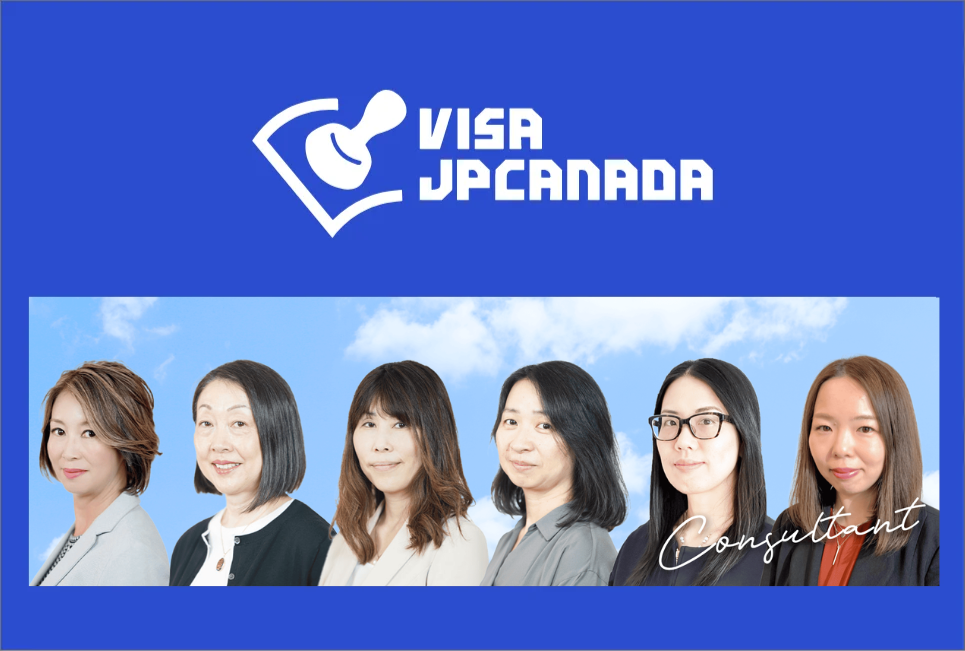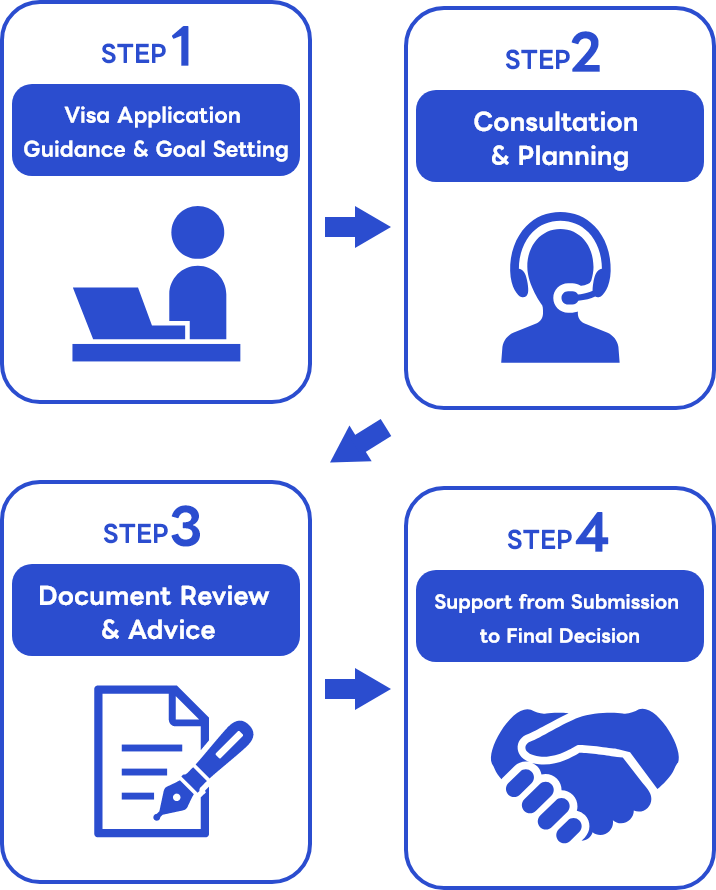Major Changes to Canada’s Entrepreneur Work Permit: New Name, New Rules
Date Posted:May 30, 2025
Last Updated:May 30, 2025
In 2025, Canada introduced significant changes to its work permit program for entrepreneurs and self-employed individuals. Formerly known as the Entrepreneur/Self-Employed Work Permit, the program has been renamed the Business Owner Work Permit, with updated eligibility criteria and a clearer definition of who qualifies.
Here’s a summary of what’s new and what you need to know if you’re considering applying.
Key Changes at a Glance
- New Name: The program is now called the Business Owner Work Permit.
- Clearer Definitions: The distinction between “entrepreneurs” and “self-employed workers” is now more clearly defined.
- New Eligibility Requirements: Applicants must show sufficient business capital.
- Additional Documentation: Proof of business funding and evidence of benefit to Canada are now required.
- Application Process: Online submission is now the default.
- Clarified Capital Requirements
- Applicants must prove the temporary or seasonal nature of their stay
- Detailed evaluation criteria for benefit to Canada
- Permit Duration: Maximum of 18 months.
- Work experience under this permit does not count toward the Canadian Experience Class (CEC)
- Majority Business Ownership (51% or more) is required
- Clearer guidelines for extensions and refusals
Who Qualifies as a “Business Owner”?
Under the revised guidelines, a “business owner” falls into one of the following categories:
- Self-employed individuals: Work primarily for themselves, with little to no employment of others outside their family. They own and operate their business and often carry out the work themselves.
- Entrepreneurs: Start and manage a business, taking on substantial financial risk. They hire and manage staff (other than family members) and oversee business operations.
Note: Work experience gained under this permit is not eligible for the Canadian Experience Class for permanent residency.
New Capital Requirements
Applicants must prove that they have two separate sources of funding:
- Living Expenses: Funds to support themselves and any dependents during their stay in Canada. This must meet the LICO (Low Income Cut-Off) for their household size.
- Business Capital: Separate funds to start and operate the proposed business. These funds must not be mixed with personal living expenses.
Acceptable Proof of Funds Includes:
- Bank deposits or cash
- Bonds, stocks, or similar instruments
- Traveler’s cheques
- Income from an existing business
Applicants must also be able to demonstrate the legal source of their funds.
Your Stay Must Be Temporary or Seasonal
The program is specifically designed for temporary or seasonal business activities. Applicants must demonstrate:
- That their work in Canada is for a limited time
- That they intend and are able to leave Canada at the end of their authorized stay
- That they have a plan for continuing the business after departure (e.g., hiring a manager)
Warning: Applicants who repeatedly apply for work permits over several years may be seen as not genuinely temporary and risk refusal.
Your Business Must Benefit Canada
Applicants must also show that their business will provide economic, social, or cultural benefits to Canada.
Factors That Will Be Assessed:
- Creation of new jobs for Canadians
- Contribution to local industries
- Providing services in underserved or remote areas
Examples:
- Likely to be refused: A small convenience store in a city that competes with existing businesses
- More favorable: A grocery store in a rural community with no nearby alternatives
51% or More Business Ownership Required
Applicants must own and control at least 51% of the business to be eligible. If you are a minority partner in a jointly owned business, this permit is not applicable—you may need to consider other permit options, such as an LMIA-based work permit.
Online Application Required
All applications must be submitted online.
While nationals of visa-exempt countries (such as Japan) may technically apply at ports of entry (airports or border crossings), officers are encouraged not to make immediate decisions at the border and instead refer applicants to the online process.
Applying for an Extension
If you already hold a Business Owner Work Permit and wish to extend it, you must still meet all the updated criteria:
- Your work must remain temporary
- Your business must have provided clear benefit to Canada
- Your ongoing plans must continue to generate benefit or opportunity
In Summary
The revised Business Owner Work Permit program places greater emphasis on temporary stay, clear economic benefit to Canada, and adequate personal and business funding. If you’re planning to start or operate a business in Canada under this program, preparation and strong documentation are essential.
Be sure to fully understand the updated criteria and have a solid business plan in place before applying.
Related Columns

Date Posted:December 16, 2025
10 Critical Mistakes That Can Jeopardize Your PGWP Application— The 180-Day Rule and the Reality of Processing Delays

Date Posted:September 11, 2025
BC Premier Calls for Temporary Foreign Worker Program to Be Abolished or Fundamentally Reformed — Industry Pushback and What Lies Ahead
Related News
Looking to obtain permanent residence or a visa?
Consult with us now!

Applying for permanent residence or a visa to Canada on your own can be overwhelming due to the large number of required documents, and you may feel uncertain about whether everything is correct. However, if you're serious about immigrating to Canada, we strongly recommend seeking the support of an immigration consultant. There are many pathways to obtaining permanent residence, depending on factors such as your age, occupation, and family status. With the help of an expert, you can ensure that you plan the right approach tailored to your specific situation.
A professional immigration consultant will help solve your concerns
Get a free Counseling now
From immigration planning to application submission,
everything is completed with Visa JP Canada


Consulting with an immigration consultant makes the process clearer and much smoother. You’ll feel more confident with document submissions and procedures, significantly reducing the risk of mistakes. Take the first step toward your Canadian dream with the guidance of an expert.

![[Co-op Work Permit in Canada] How long can you work? Employment conditions and points to be cautious of to avoid illegal employment](https://en.visajpcanada.com/wp-content/uploads/2025/04/Blog-Thumbnail-94.webp)


